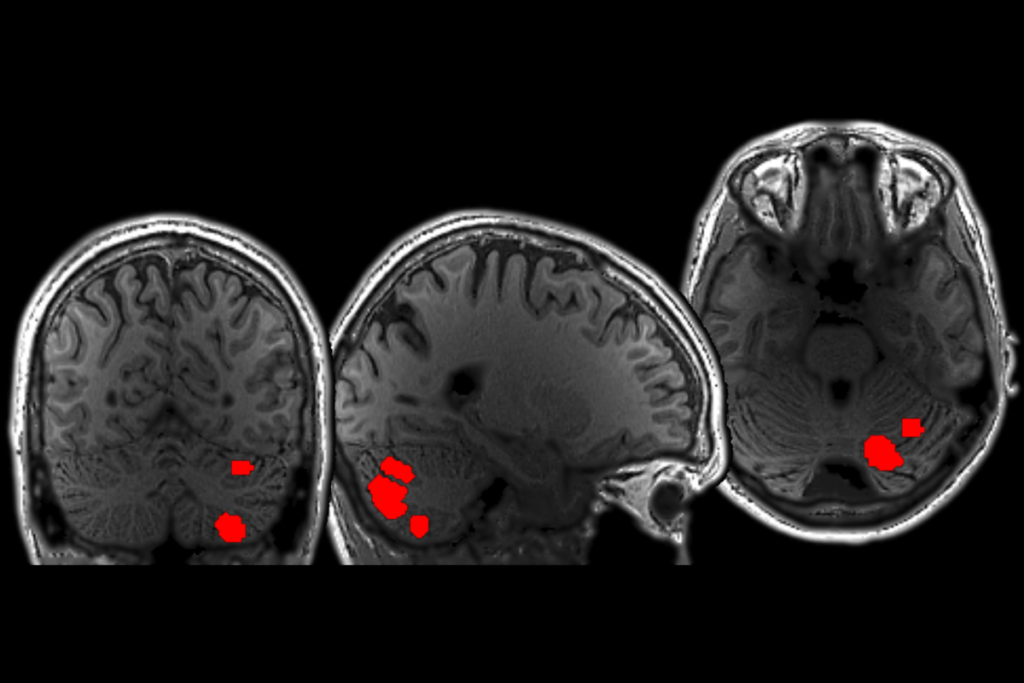Janet McLaughlin is an Associate Professor of Health Studies and a Research Associate with the International Migration Research Centre at Wilfrid Laurier University. She is an interdisciplinary scholar trained in medical anthropology, with interests in the areas of global and environmental health, food systems, labour, social justice, citizenship, transnational migration and the social impacts of autism. Her research and publications have focused on various areas of migrant workers’ health, rights and well-being, including: access to health care and workers’ compensation; women’s experiences of gender-based violence; occupational, mental, sexual and reproductive health; social determinants of health; and the impacts of separation on migrant families. She is co-founder of the Migrant Worker Health Project, www.migrantworkerhealth.ca, which promotes accessible health care for migrant workers. Dr. McLaughlin is currently researching autism policy and family impacts in Ontario.
Janet McLaughlin
From this contributor
Changes to Canada autism program could do more harm than good
The Ontario, Canada, government recently announced its intentions to overhaul the Ontario Autism Program, but the changes could leave autistic children without supports.

Changes to Canada autism program could do more harm than good
Explore more from The Transmitter
From genes to dynamics: Examining brain cell types in action may reveal the logic of brain function
Defining brain cell types is no longer a matter of classification alone, but of embedding their genetic identities within the dynamical organization of population activity.

From genes to dynamics: Examining brain cell types in action may reveal the logic of brain function
Defining brain cell types is no longer a matter of classification alone, but of embedding their genetic identities within the dynamical organization of population activity.
Cerebellum responds to language like cortical areas
One of four language-responsive cerebellar regions may encode meaningful information, much like the cortical language network in the left hemisphere, according to a new study.

Cerebellum responds to language like cortical areas
One of four language-responsive cerebellar regions may encode meaningful information, much like the cortical language network in the left hemisphere, according to a new study.
Neuro’s ark: Understanding fast foraging with star-nosed moles
“MacArthur genius” Kenneth Catania outlined the physiology behind the moles’ stellar foraging skills two decades ago. Next, he wants to better characterize their food-seeking behavior.

Neuro’s ark: Understanding fast foraging with star-nosed moles
“MacArthur genius” Kenneth Catania outlined the physiology behind the moles’ stellar foraging skills two decades ago. Next, he wants to better characterize their food-seeking behavior.